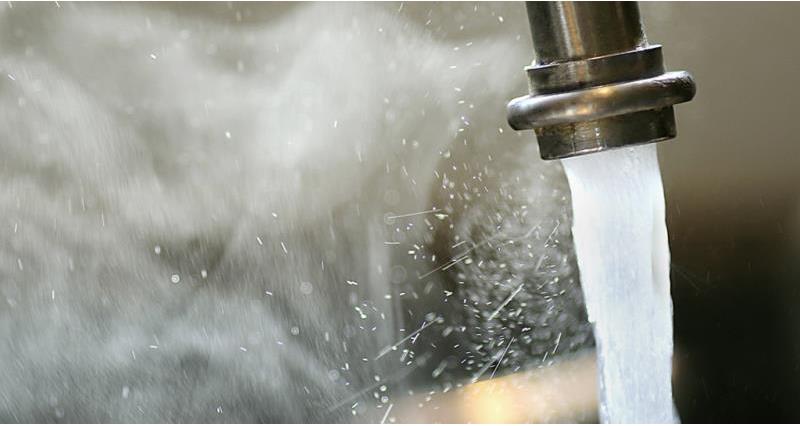Separate but related regulations govern both public and private water supplies. Many farms and rural premises rely on private water supplies from springs and boreholes and we are encouraging all potentially affected members to contribute to the NFU consultation response being prepared, and to submit their own comments to Defra.
The consultation closes on 24 October 2017.
The consultation proposes a range of technical changes to water sampling procedures with the over-riding intention of making them more risk based.
Crucially for members, Defra wants to remove the cap on fees that local authorities can charge for their role in water quality regulation. Councils are required to carry out water quality testing for all private water supplies in their area every five years.
Fees are currently capped at levels set in 2010. Some councils have complained they no longer cover the cost of sampling and analysis and argue that without a rise in fees, the quality of regulatory protection will suffer leading to greater health risks for people using private water supplies.
Defra wants to remove the upper limit to charges.
The consultation proposes that local authorities will only be allowed to charge fees at a level necessary to recover costs. Charges will be externally audited and a complaints system put in place in case owners or users of private water supplies believe councils are overcharging.
The NFU is concerned that the increased costs to farms will be disproportionate, and seeks a far more robust system to prevent excessive charges.
Other proposals in the consultation include:
- changes to the methodology used for parts of the monitoring process
- requirements for quality control systems to be established for collecting and transporting samples
- a requirement for sample analysis to be carried out in accordance with internationally recognised standards.
Members are invited to send comments to cGF1bC5oYW1tZXR0QG5mdS5vcmcudWs= by 10 October.
The consultation closes on 24 October 2017.
